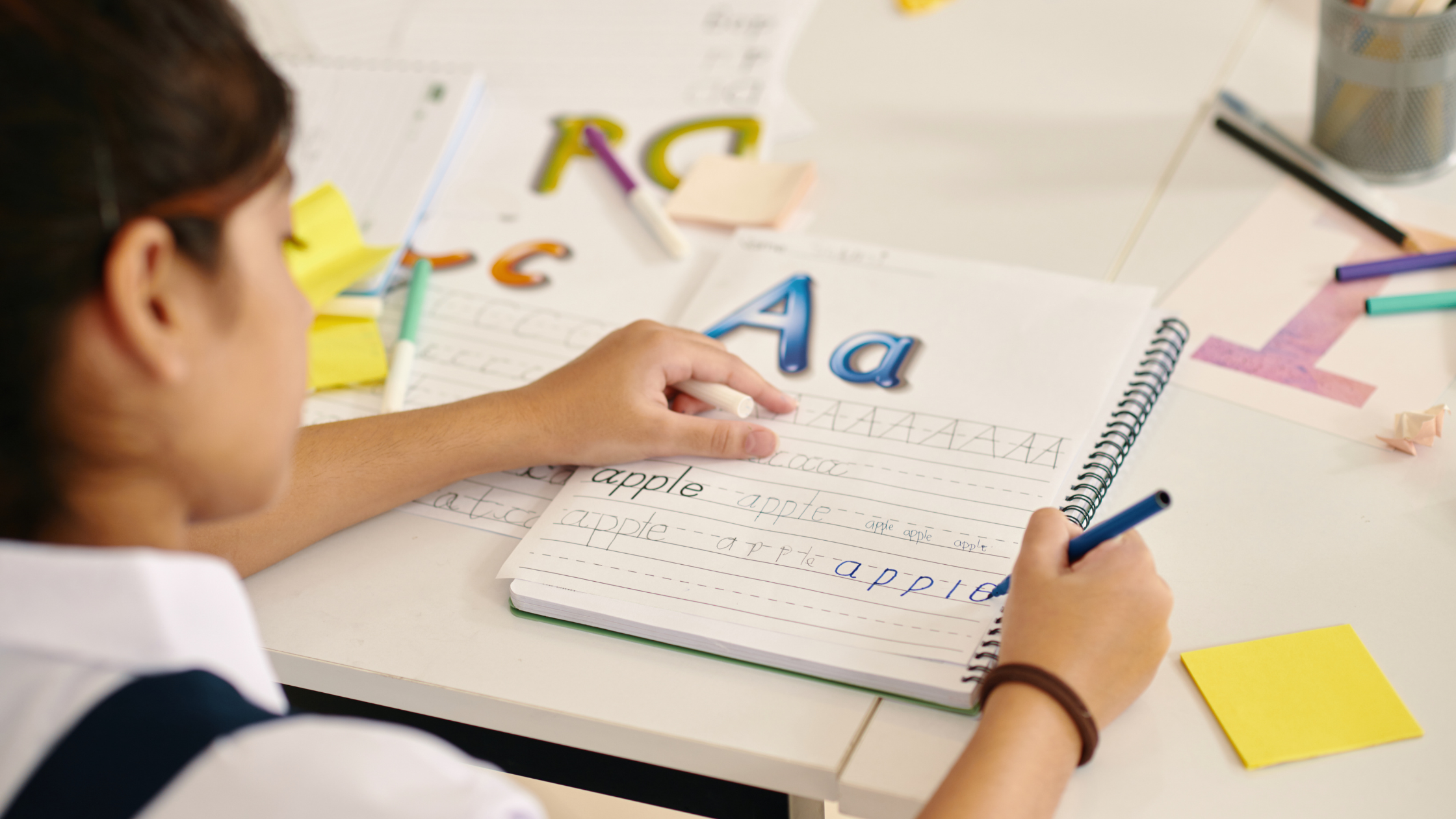
Many parents ask: when is the best time for kids to start learning English as a second language? While children can learn at any age, research shows that early exposure gives the strongest results. The earlier language learning begins, the more natural and effortless it feels!
Studies in child development point to a “critical period” for language learning. From birth to around seven years old, children’s brains are especially flexible. During this time, kids learning English as a second language absorb sounds, vocabulary, and grammar more easily than older learners.
That doesn’t mean older children or even adults can’t succeed. It simply means toddlers and young children have an advantage in picking up accents, fluency, and confidence.
Starting English early offers long-term advantages:
Better pronunciation: young learners develop near-native accents.
Cognitive growth: bilingual learning boosts memory and problem-solving.
School readiness: kids learning English early adjust more easily in international classrooms.
Confidence: learning a second language at a young age builds curiosity and self-esteem.

Experts agree that the preschool years (ages 2–6) are ideal for starting English learning.
At this stage, children enjoy songs, rhymes, and playful activities. This natural curiosity makes it easy to introduce a second language without pressure.
For older children, it’s never too late. Motivation, consistency, and supportive resources are key. Even teenagers and adults can succeed in language learning with the right tools.
Parents don’t need to be fluent themselves to help. Simple strategies work best:
Create daily routines: use English words during meals, play, or storytime.
Make it fun: songs, books, and interactive games bring English to life.
Use trusted resources: educational apps like Parlini Land offer teacher-approved, low-stimulation activities to make bilingual learning enjoyable.
The best age to start learning English as a second language is during early childhood, but it’s never too late to begin. With playful exposure, supportive tools, and daily practice, kids learning English can grow into confident, bilingual speakers ready for a global world!
Can older kids still learn English effectively?
Yes. While younger children learn pronunciation more easily, older kids and even adults can succeed in language learning with motivation and consistent practice.
Does starting English early give kids an advantage at school?
Yes. Kids learning English before school often show better readiness, smoother adjustment to international classrooms, and higher confidence.
Why should children start bilingual learning early?
Early bilingual learning improves memory, focus, and problem-solving, while also helping kids develop confidence and stronger communication skills.